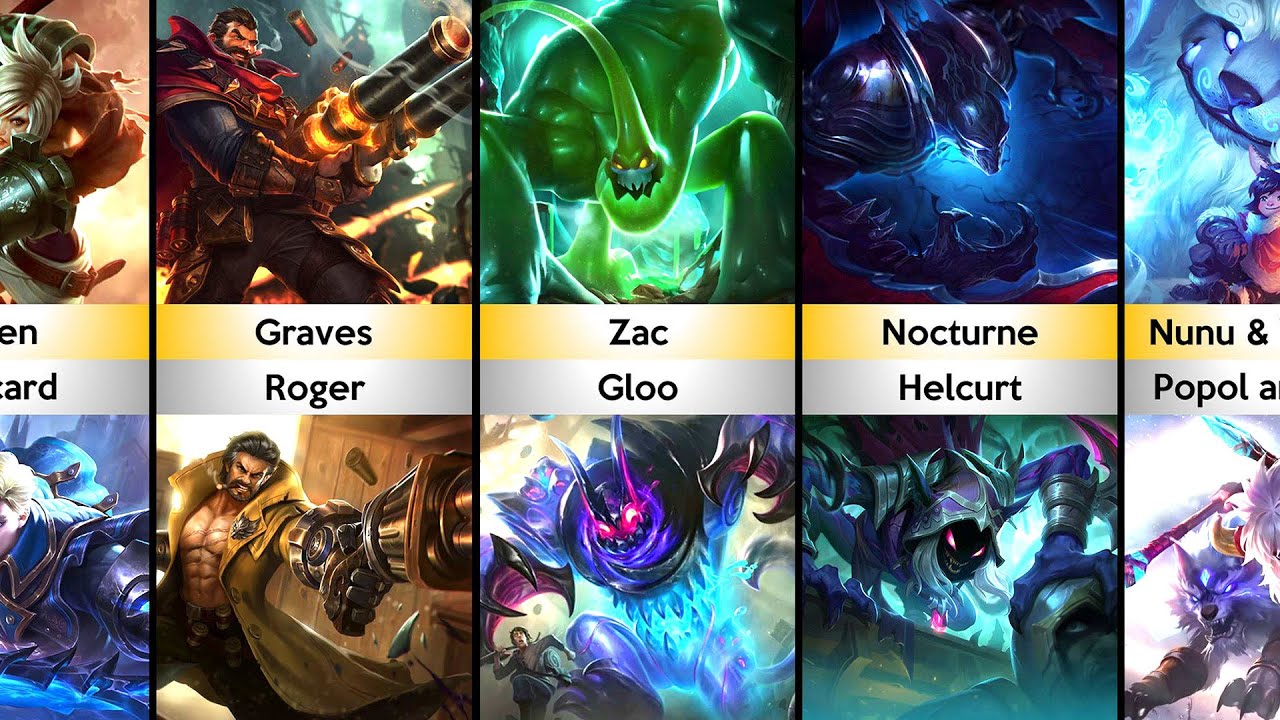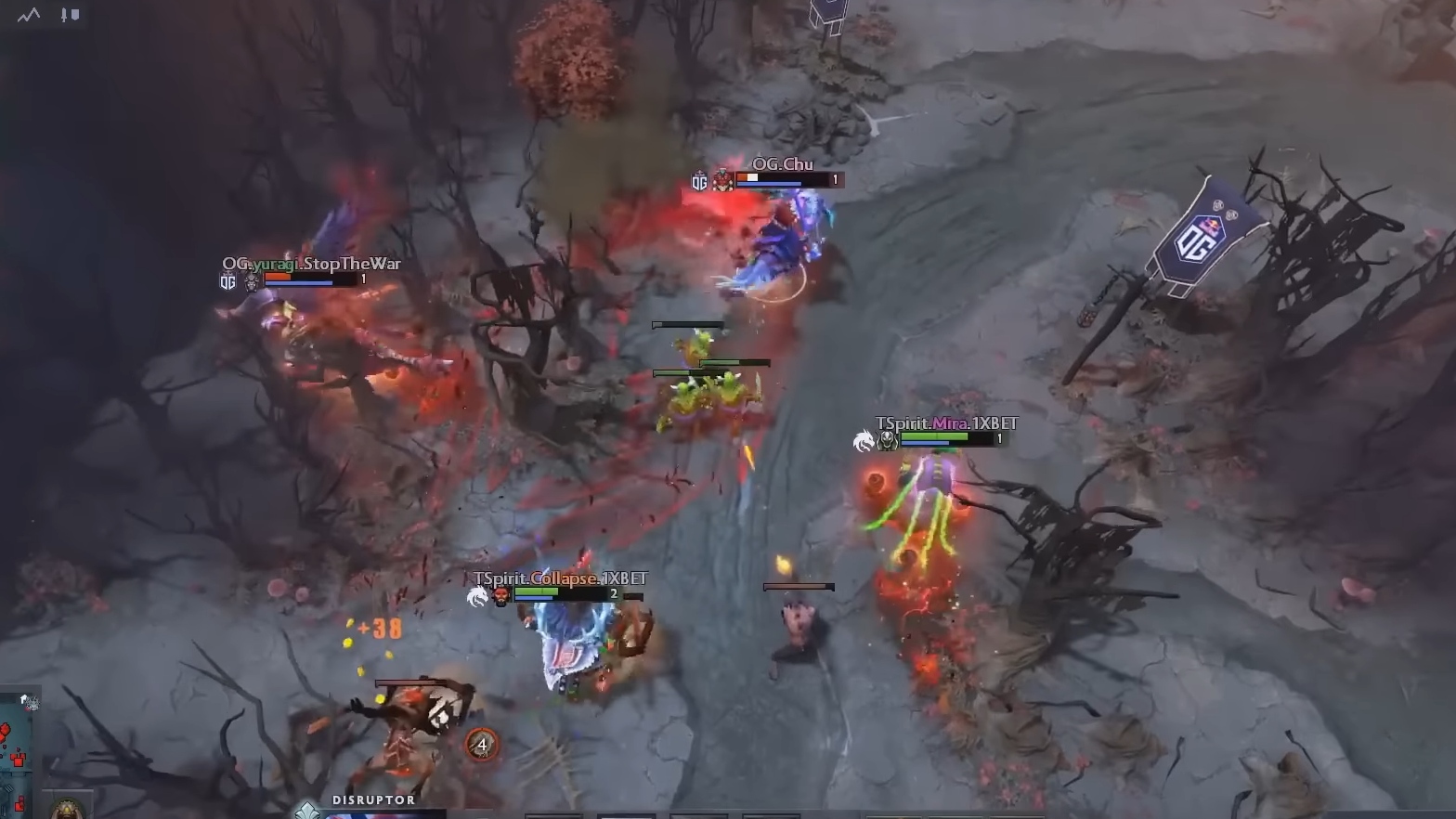League Cup vs League Challenge: The world of competitive sports boasts a diverse array of tournament formats, each with its unique characteristics and impact on participating teams. Understanding the nuances between a League Cup and a League Challenge is crucial for both fans and analysts seeking to grasp the strategic complexities of various sporting competitions. This article delves into the core differences, comparing scheduling, qualification, intensity, fan engagement, and media coverage, ultimately highlighting the contrasting approaches these formats take to achieving competitive balance and spectator excitement.
From the single-elimination thrill of a cup competition to the strategic depth of a league challenge, we’ll examine how these formats shape team strategies, resource allocation, and ultimately, the overall narrative of a season. We’ll explore real-world examples and hypothetical scenarios to illustrate the profound impact of these contrasting approaches on the sporting landscape.
League Cup vs. League Challenge: A Comparative Analysis: League Cup Vs League Challenge
Sporting competitions often employ various formats to determine champions. Two common structures are the “League Cup” and the “League Challenge,” each with distinct characteristics affecting team participation, fan engagement, and media coverage. This article examines the key differences between these formats, using illustrative examples to highlight their unique features.
Definition and Scope of League Cups and Challenges

The terms “League Cup” and “League Challenge” represent distinct competition structures within a broader sporting context. A League Cup typically involves a knockout format, often featuring teams from a specific league or across multiple leagues, while a League Challenge might incorporate a league-based structure with additional qualifying rounds or a unique set of rules tailored to a particular objective.
- League Cup Examples: The EFL Cup (English Football League Cup), the Carabao Cup (its current sponsor name), the Copa del Rey (Spain), and the Coupe de la Ligue (France) are examples of established League Cup competitions. These generally feature teams from different tiers of a domestic league system, playing single-elimination matches until a champion is crowned.
- League Challenge Examples: A hypothetical example could be a “Winter Challenge Cup” within a professional basketball league, where teams play a mini-league format during an off-season period, focused on developing young players or experimenting with new strategies. Another example could be a promotion/relegation challenge between top teams from two different leagues.
- Typical League Cup Structure and Rules: League Cups usually follow a single-elimination bracket, with draws determining match pairings. Teams are often seeded based on their league standing. Replays might be used in some cases to resolve tied matches. The competition typically runs concurrently with the main league season.
- Typical League Challenge Structure and Rules: A League Challenge can take many forms. It could involve a round-robin group stage followed by a knockout phase, a straight knockout format with wildcards, or even a unique point-based system with bonus points for certain achievements. The rules are often specifically designed for the Challenge’s goals, which might include player development, experimentation with rules, or revenue generation.
Competition Format Comparison
The scheduling, qualification, and overall duration significantly differ between League Cups and Challenges.
| Feature | League Cup | League Challenge |
|---|---|---|
| Match Scheduling | Typically single-elimination, matches spread across several months, often mid-week | Can vary widely; round-robin, knockout, or a hybrid format. Scheduling can be concentrated or spread out. |
| Qualification Criteria | Usually all or most teams from a specific league or leagues participate. | May be based on league standings, prior performance, or other criteria specific to the Challenge. Could include wildcard entries. |
| Seeding Method | Often based on league position at the start of the competition. | May be based on league standing, previous Challenge performance, or a combination of factors. |
| Length and Intensity | Relatively shorter than a full league season, but still demanding with matches spread over months. | Can range from a short, intense tournament to a longer, less intense competition depending on the format. |
Impact on Participating Teams
Participation in League Cups and Challenges has varying impacts on teams’ resources, strategic planning, and overall performance.
- League Cup Impact: Winning a League Cup can boost morale, attract new fans, and potentially offer a qualification spot for European competitions. However, frequent matches can lead to player fatigue and impact performance in the main league.
- League Challenge Impact: A Challenge might offer opportunities for squad rotation, player development, and testing new strategies with less pressure than league matches. However, it also demands additional resource allocation and careful strategic planning.
- Hypothetical Resource Allocation: Imagine a team participating in both a League Cup and a League Challenge. They might prioritize the main league, allocating their top players to key league matches while using the League Cup and Challenge to develop younger players and experiment with different formations and tactics. Careful management of player workloads and recovery becomes crucial.
Fan Engagement and Media Coverage, League cup vs league challenge
The level of fan engagement and media attention varies significantly between League Cups and Challenges.
- Fan Engagement and Media Attention: League Cups, especially their final matches, often generate significant fan interest and media coverage due to the high stakes and potential for upsets. Challenges, depending on their structure and marketing, may attract less widespread attention, though they can be crucial for specific fan segments.
- Broadcasting Deals and Sponsorships: League Cups often attract lucrative broadcasting deals and sponsorship opportunities due to their established reputation and broad appeal. Challenges may have less extensive media coverage and sponsorship deals, unless specifically designed to attract significant investment.
- Hypothetical Press Release: FOR IMMEDIATE RELEASE: [League Name] Announces Inaugural “Innovation Challenge” – A groundbreaking new competition designed to showcase innovative tactics and player development. This unique Challenge will feature a points-based system rewarding both on-field performance and tactical ingenuity. Teams will compete in a series of experimental matches, pushing the boundaries of the game while providing fans with a fresh and exciting viewing experience.
Illustrative Examples
Specific examples highlight the contrasting nature of League Cups and Challenges.
- Memorable League Cup Final:
The 2012 League Cup final between Liverpool and Cardiff City was a thrilling encounter. Liverpool, despite dominating possession, found themselves trailing 2-1 until late in the second half, when a dramatic late goal by Luis Suarez secured a 2-2 draw, followed by a penalty shootout victory for Liverpool. This match showcased the high stakes and emotional intensity typical of a League Cup final.
Obtain direct knowledge about the efficiency of national league cup table through case studies.
- Significant League Challenge Match:
A hypothetical example: In a “Summer Skills Challenge” for a fictional volleyball league, a match between two teams known for their offensive power became a strategic battle of defensive prowess. Team A, despite being underdogs, employed a highly effective defensive strategy, disrupting Team B’s offensive flow and securing a surprising victory. This highlighted the tactical flexibility and innovative approaches often seen in Challenges.
Ultimately, the choice between a League Cup and a League Challenge hinges on the specific goals of the organizing body and the desired level of competition. While the League Cup often emphasizes sudden-death drama and a clear winner, the League Challenge prioritizes a more sustained, strategic battle across a longer season. Both formats offer unique advantages, attracting different levels of fan engagement and media attention.
By understanding their respective strengths and weaknesses, we can better appreciate the rich tapestry of competitive sports and the diverse ways in which they engage athletes and spectators alike.

